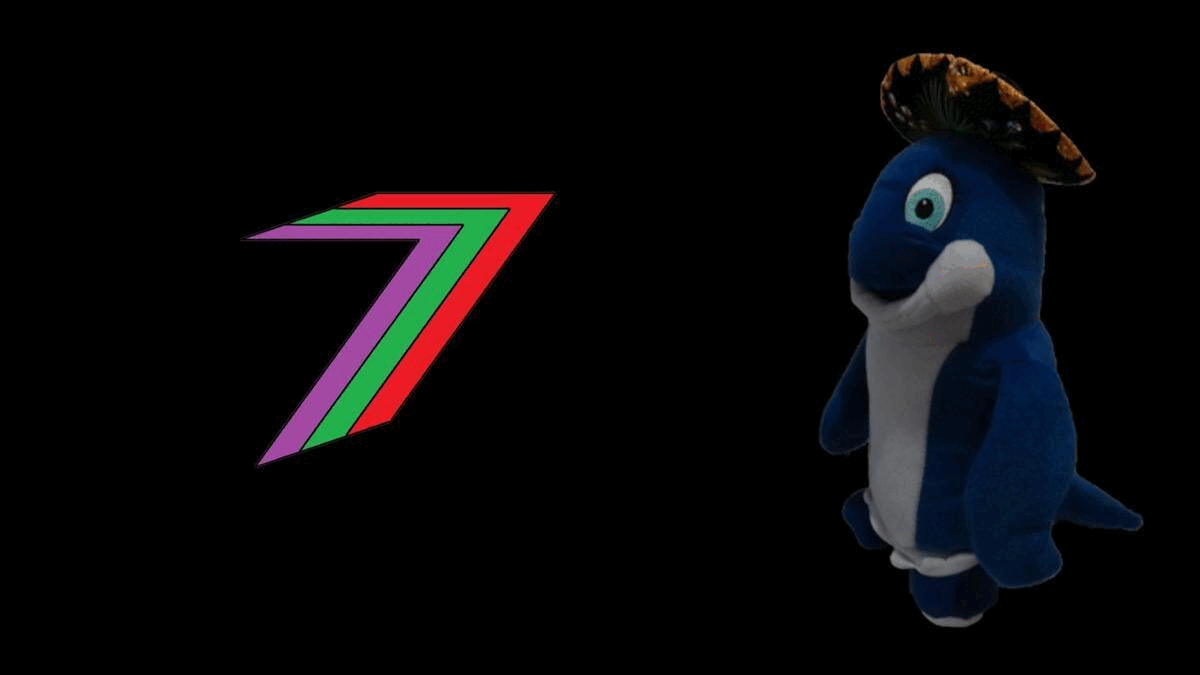Hi Everyone,
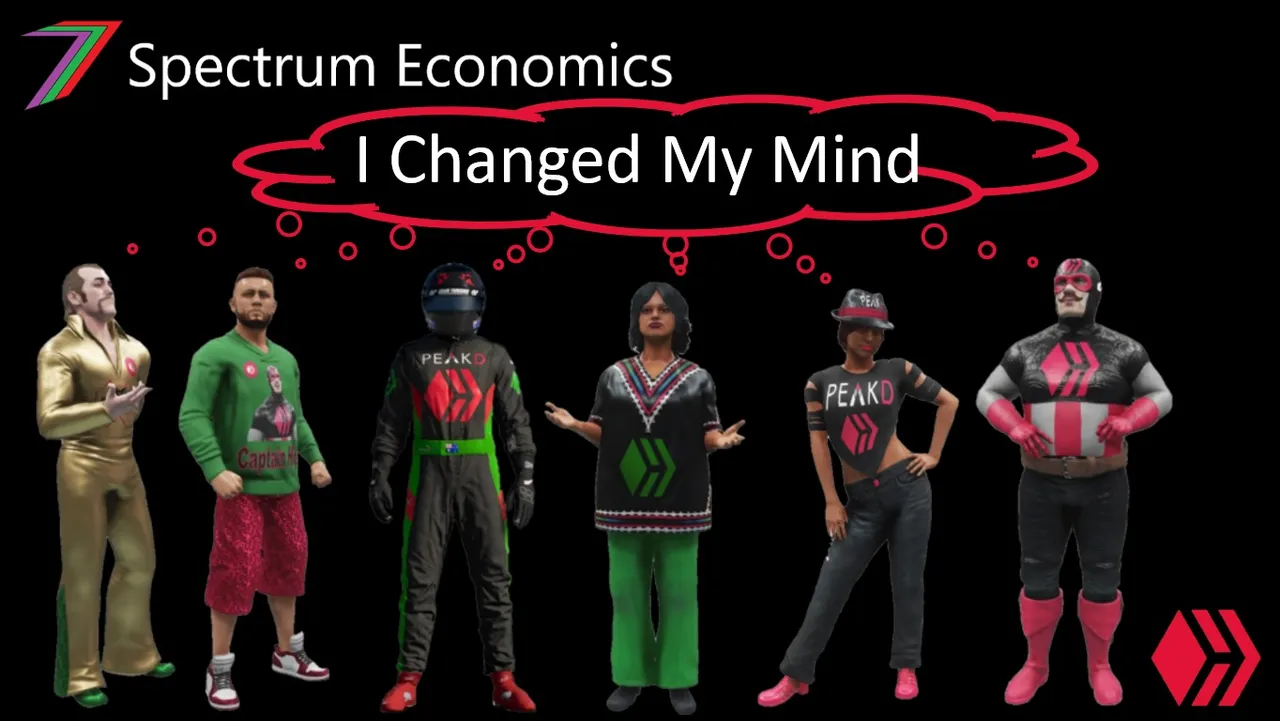
My opinions have changed many times over the years. Some of them have changed quite radically. While others have been more moderately tweaked. Not every change in opinion has directly taken me in the right direction. In the long-run, fingers crossed, all the changes have contributed in some way to enlightening my views. Even now, I believe I have a long way to go before I can call myself mostly enlightened. I do not believe there is a reachable end point of true enlightenment. I believe the best anyone can do is to continuously pursue new knowledge and in the process, accumulate wisdom.
In the first post in the series, I discussed opinions and the factors that influence opinions. In this post, I discuss some of my opinions and the influences I have faced in my life. If you want a larger sample of my opinions, the links at the end of the post will take you to posts containing everything I have published on Hive.
Summary of My Journey
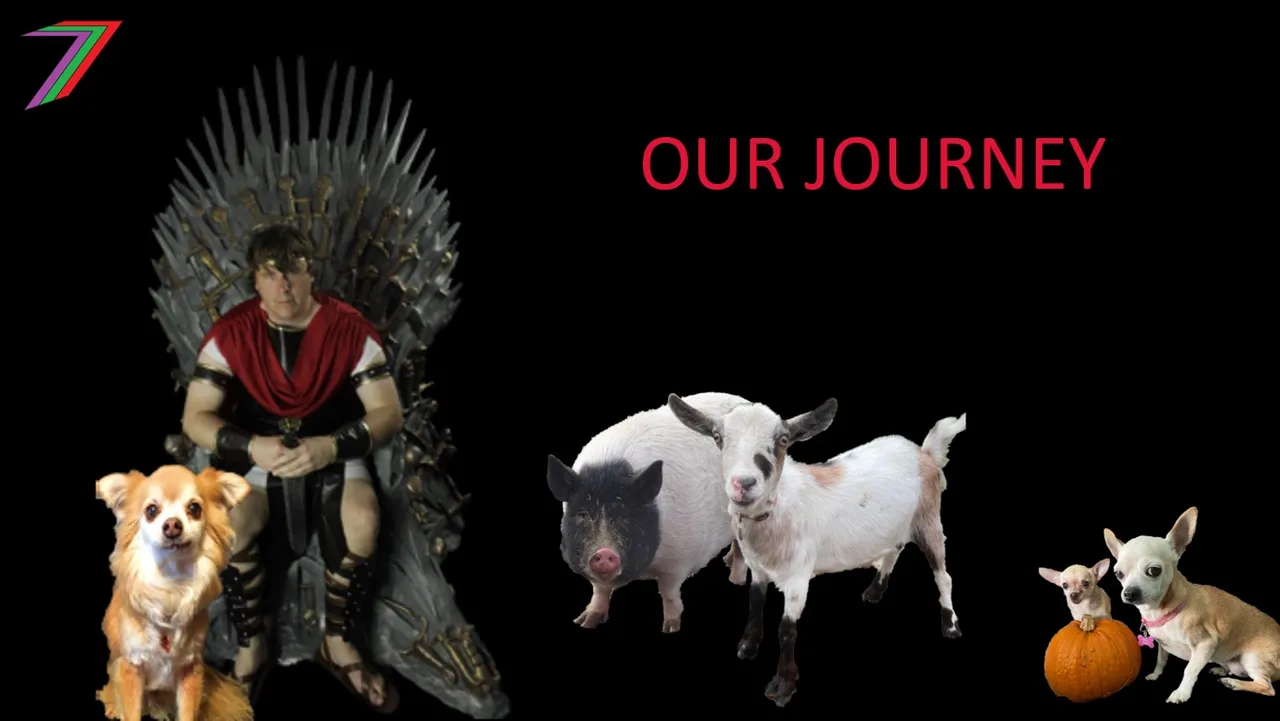
In this section of the post, I briefly discuss some of the influences in my life. I divide the section into ‘Early Years’ and ‘Working Years’. In the next section, I discuss how my opinions have changed in several areas. These areas include religion, economics, veganism, and cryptocurrency.
Early Years
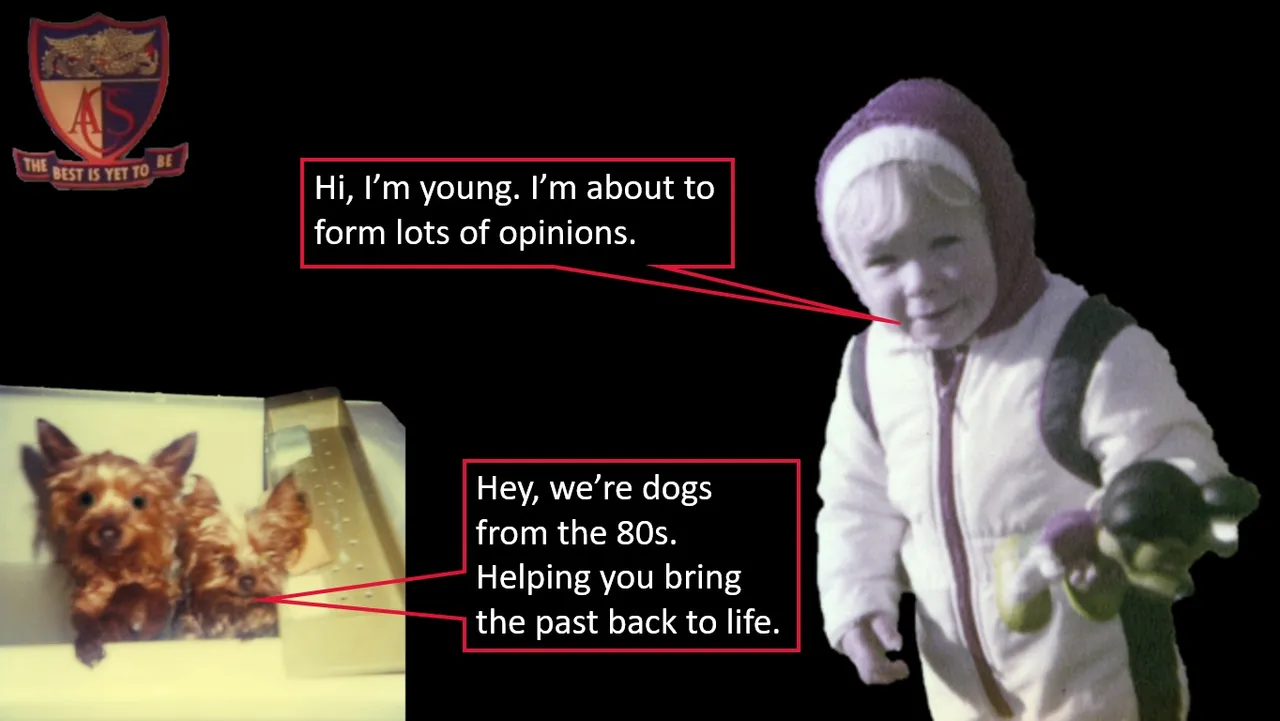
When I was young I depended on a handful of influences to shape my opinions. They were my parents, grandparents, school teachers, television programs, and school friends. Most influence came from people I would consider authority figures. They were treated as an almost unquestionable source of truth. Therefore, my opinions naturally fell in line with theirs.
Most of my education was in Singapore. Singapore schools focused on discipline and following instruction. The content taught in schools was considered as absolute truths. The content was tested in examinations that mostly required recalling of content that was taught in class. Therefore, I considered successfully recalling information to be an indicator of success and possibly intelligence. There was little scope for analytical thinking.
I had free periods in school because I did not take second language classes during regular curriculum hours. I mostly used these free periods for homework but sometimes they were scheduled before homework was given out. On these occasions, I would sometimes use them for study or exploring other information. The most memorable book that I read from this time was titled ‘Chariots of the Gods’ written by Erich Von Daniken. This book fuelled my ideas about the connections between humans and aliens.
In my final years of High School education, I participated in some debates. These encouraged me to think from more than one perspective. At the time, my perceptions were biased towards mainstream narratives. I remember commenting about how it might be a good idea to modify human genetics to make humans less aggressive so that they would not commit violent crime against each other. I have departed very far from this line of thinking.
After High School, as a second generation permanent resident, I was required to serve 2 ½ years in the military as part of National Service. Lower ranks in the military are required to follow orders without question. After about 5 months in the military, I dropped out of my specialist course due to a combination of injuries and illness. This left me in a position where I had little to do until I was reassigned to a new course. I took this time to do a lot of reading. I spent most of this time reading a book called ‘The Biggest Secret’ written by David Icke. Many of the ideas in this book were very different than any I had encountered before.
After the army, I continued my education. I enrolled in a Singapore Colleague that ran courses from the University of London. I enrolled in an economics and management course. It was a three year Bachelor’s course. I choose economics because I had become quite passionate about it in High School. The university course had a long lasting impact on my perceptions of what I encountered. I started seeing the world from the perspective of an economist.
After receiving my Bachelor’s course results, I applied to the National University of Singapore for a Master’s degree in Economics. Unfortunately I was turned down. I then applied for a Master’s course in a university in Queensland, Australia. This was a 1 ½ to 2 year Master’s course. It involved two semesters of course work and one semester plus of dissertation.
The dissertation part of the course was the most interesting as it required me to conduct my own research. My topic of study was higher education. I needed to determine if the pursuit of higher education was worth the cost. This involved more than just financial cost. This involved all opportunity costs such as forgone income during the study period, potential debt and lower standard of living, lost opportunities in terms of skills and experience from working on the job. I choose not to measure the costs as just monetary values but also in terms of changes in utility. As utility means something different to everyone, I choose to measure it in relative terms. I compared the utility from pursuing a higher education compared to utility from not pursuing a higher education. I could not assume everyone had the same circumstances. Therefore, I created 12 hypothetical groups with different backgrounds, sex, wealth, ability, and risk averseness. The resultsfrom my dissertation came back mixed. For some people, higher education was a better option and for others it was not.
Work Years
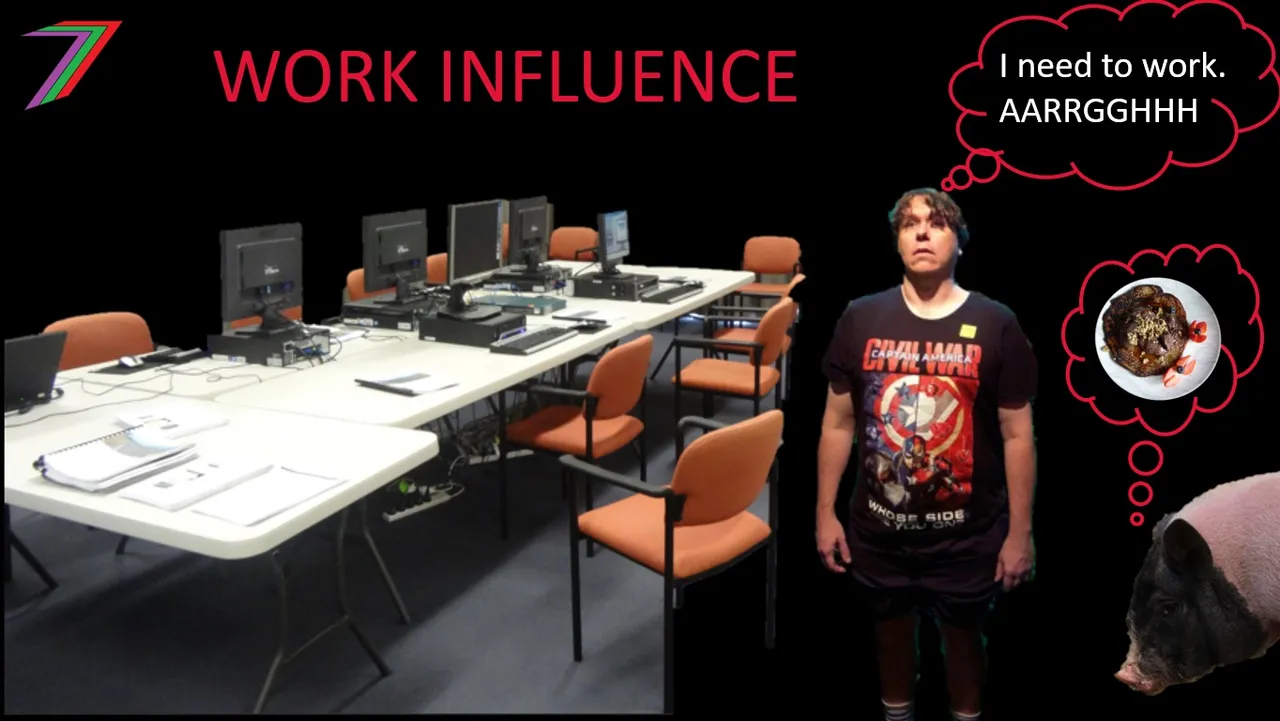
After my Masters’ course, I wanted to pursue a PhD in economics. I enjoyed the research work on my dissertation and I wanted to write a full thesis. This normally takes around 3 years. After that, I wanted to become a university lecturer; I tutored at the university for about 6 months while I was writing my dissertation. Unfortunately, I did not have sufficient money to pursue a PhD nor was I eligible for any form of scholarship. Instead, I got a job working for the Department of Transport and Main Roads (TMR) in the Queensland, Government. I was hired to work as an economist as part of the Cost Benefit Analysis (CBA) team. I conducted CBAs for road and transport projects.
During my time working for TMR, I also volunteered to do additional research. I would present this research at transport conferences such as the Australian Transport and Research Forum (ATRF), ARRB Conference, and once I travelled all the way to Germany to present at the European Transport Research Forum (ETRF).
When I started working for TMR, I was hired and recognised as an economist and was considered to be working in a specialised area. This changed over the years. I was relocated to areas that consisted of mostly admin and generalist workers. Admin and generalist tasks became a bigger part of my role. Eventually, my job description was rewritten as an admin and generalist role. This was mostly unrepresentative of most of the work I was doing. However, at least on paper, this made me interchangeable with almost any other generalist type of worker in the department.
TMR upper management wanted all larger CBA projects to be outsourced to private companies and the smaller ones to be conducted at the local regional level. The larger CBAs became far more expensive with minimal improvement in quality. The smaller CBAs were done to a lower standard or not at all. My work shifted to peer review and guidance rather than conducting CBAs. This was very frustrating for me. I was losing out on a better salary because the department decided to pay private companies far more money to do the job I had become an expert in.
In 2016, I left TMR to join Building Queensland. This was a Statutory Body set up to advise Government investment decisions. I did not get my ideal job as an economist; instead, I worked as a Social Benefits Manager (later became Social Impact Manager). It took me a few months to transition to a less analytical role. However, the different nature of work was refreshing, I was learning a lot, and I was given flexibility in how I could develop guidance. I did a lot of my own research. I came up with many ideas. Many of them were not practical but eventually I developed a very strong set of guidelines (kept untouched for several years after I left).
Unfortunately, most of the work for Building Queensland was just for show. Government investment decisions were mostly predetermined. The guidelines were only used to create the impression that decisions were subject to scrutiny. After only a year, I decided to quit my job with Building Queensland. During my 10 years working for the Queensland Government, I had formed some strong opinions about how they operated. I was appalled at the wastage of resources and the feeding of taxpayer money to private companies.
In 2017, I started my own business, Spectrum Economics. The business was set-up primarily to conduct and review economic analysis for projects. Job opportunities were infrequent but generally paid well. I updated the economic models used for CBAs, peer reviewed CBAs for small projects, I was part of several Gateway Review teams (i.e. conducting peer review of various aspects of major projects). In-between projects I did my own research and analysis. I would share my findings and my knowledge directly on social media such as YouTube and Steem. I would share links of these videos on other social media such as Facebook, Instagram, LinkedIn, and Medium.
In 2019, I moved to UK. I returned after almost 30 years away (16 in Singapore and 14 in Australia). I needed to come back and be with my mum and brother. I rarely saw them as we lived on opposite sides of the planet. My brother has Downs Syndrome, long distance communication with him was not feasible plus he needs some additional care.
In 2020, I left Steem when Hive was created (explained later in the post). I moved off most other social media because of censorship. I occasionally use Twitter, which has a large Hive community and also censors less or maybe less obviously.
Evolution of My Opinions
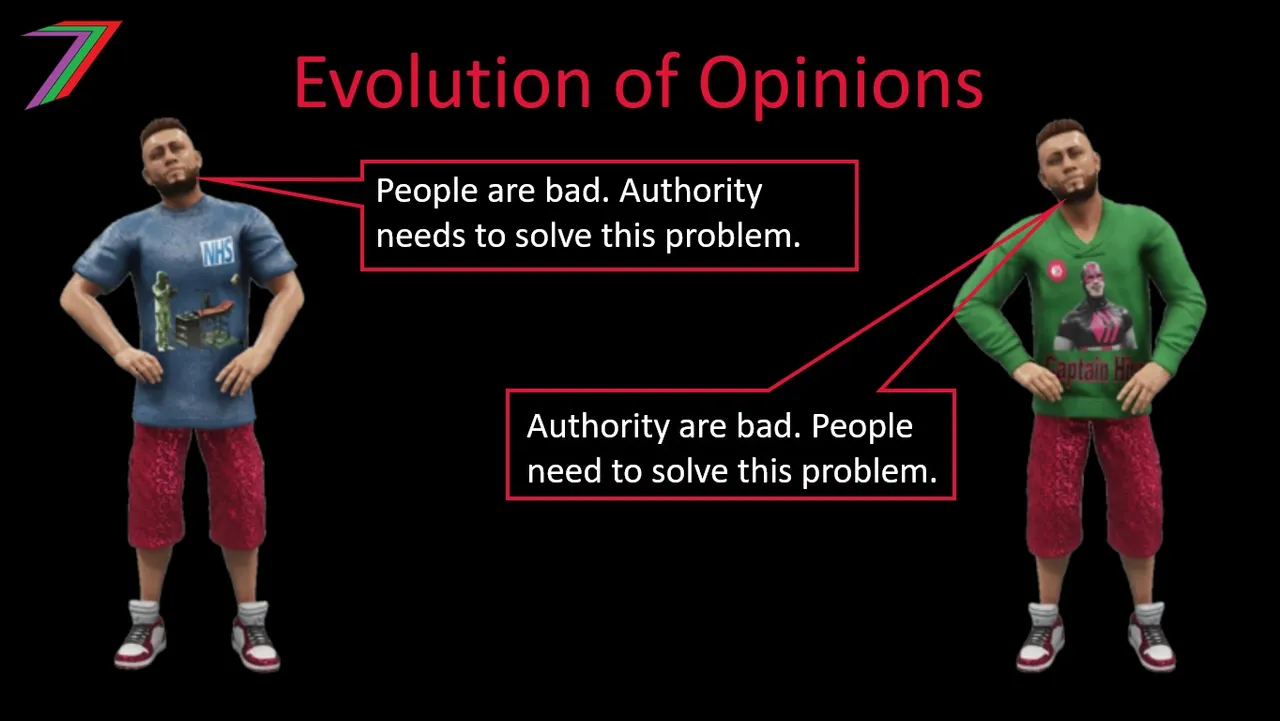
In this section, I discuss how my opinions have evolved or even changed in several areas. Many of the influences described in the previous section played an important role in shaping my opinions. For this post, I discuss how my opinions have changed in the context of religion, cryptocurrency, veganism, and economics. My opinions have changed in other areas as well, I might discuss some of these in a video at a later date.
Religion
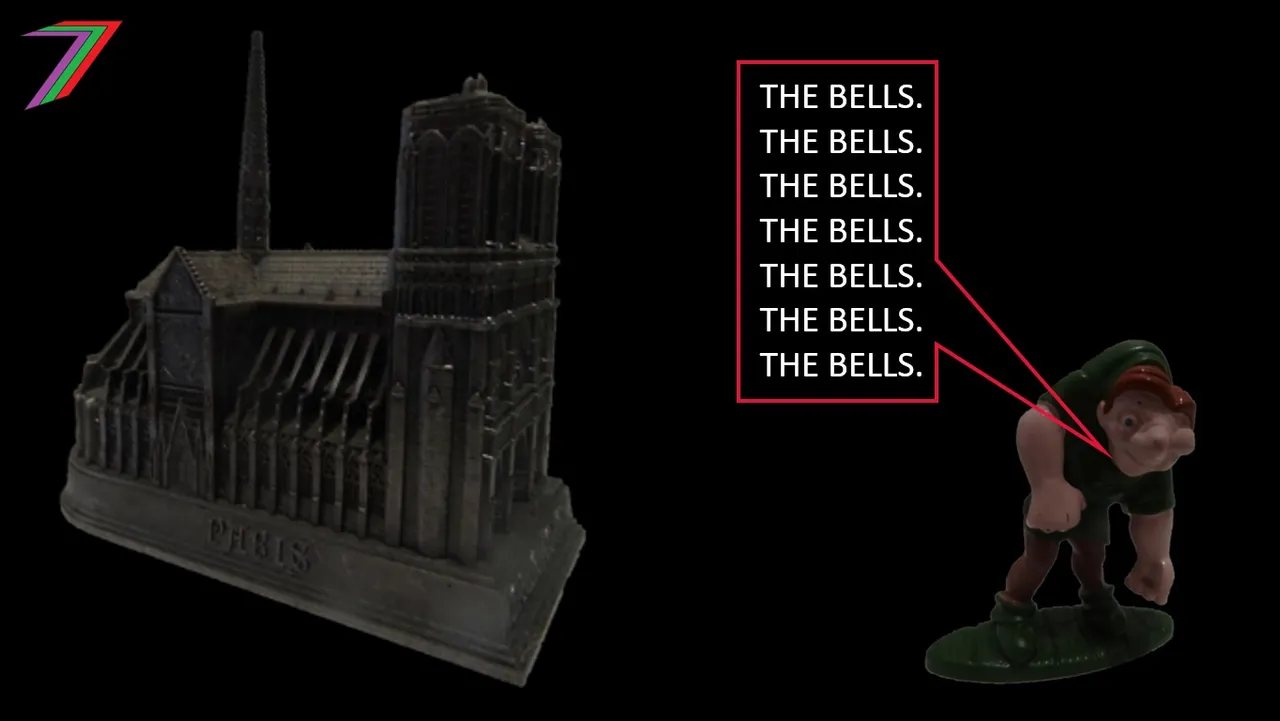
I have not had any strong religious influences in my life. My parents did not push any form of religion on me. My secondary school (first 4 years of High School) was a Methodist School but religion was not strictly pursued. There was Monday morning Chapel Service and weekly Religious Studies classes. I did not pursue church outside of school. Religion did not appeal much to me as it did appear to be founded in fact or reality
Years later in Australia, I attended church regularly for over a year. I learnt a lot during that time. I was even baptised in that church. Churches and church communities can be quite powerful as they create a sense of belonging as well as become a form of adopted extended family. This facilitates a more open and receptive attitude to the teachings of the church. I did not stop with the one church. I explored many other churches to compare their various approaches to the same religion. I also explored the bible scriptures, commentary on the scripture, and alternative Christian scripture that did not become part of the bible.
In my post 'My Religion: A Mixture of Gnostic Christianity and Personal Pursuit of Knowledge', I describe my opinions regarding religion to some length. Even though, I mostly no longer maintain many of the opinions I had when I regularly attended the church, these opinions led me to new opinions that I may not have reached had I not attended the church at all.
Cryptocurrency

I did not know much about cryptocurrency until I joined Steem in 2017. I had heard of Bitcoin but my views were mostly misinformed. I was under the impression that Bitcoin was going to be the digital version of national fiat money. Paper and coins had close to no intrinsic value and digits on a screen would have no intrinsic value. I saw it as a mechanism of control as all transactions would be recorded and traceable. From my knowledge as an economist, I knew current monetary systems were broken and being used to erode people’s wealth. Bitcoin felt like more of the same but to an even greater degree. I think I had Bitcoin confused for the now proposed Central Bank Digital Currencies (CBDCs).
It was not long after joining Steem that my opinions regarding Bitcoin and cryptocurrency changed. I could see the decentralised nature of Bitcoin and the blockchain it was on made it a considerable improvement over existing paper National currencies. However, I still continued to believe that Bitcoin lacked any real intrinsic value. This was not the case for all cryptocurrencies. Steem felt like an improvement as it had features such as staking, which offered value in terms of earning more Steem as well as the ability to support applications and the activity on these applications, which operated off of Steem such as Steemit.
In the absence of the Steemit stake, the blockchain had become moderately decentralised. However, it was a mistake to think of it in the absence of the Steemit stake. The inactivity of the Steemit stake was only based on trust. Once that stake changed hands, it was used to control the blockchain. Decentralisation was an illusion. I had invested a lot in Steem and my investment was at risk by not factoring the risk Steemit presented to the blockchain. Luckily, a few tech savvy Steem stakeholders managed to HardFork Steem to create Hive. Hive did not include most of the Steemit stake; therefore, was immediately more decentralised than Steem. I ended my relationship with Steem and posted to Hive. I unstaked my Steem and gradually sold it all off. Much of it, I transferred to a new Hive account.
Economics
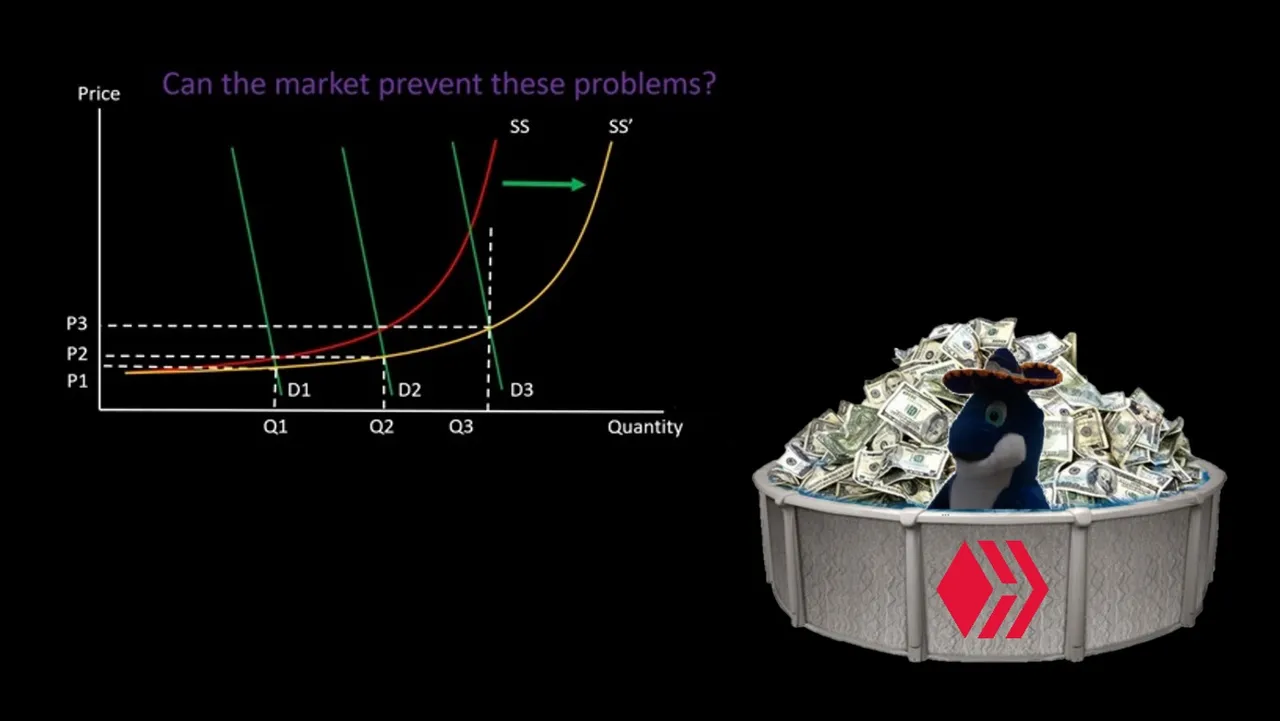
Economics has been my passion since High School. I took it as an A-Level Subject. At that time, I was only interested in the academic side of it. I did not follow economics in the media. I think it was more the conceptual and analytical side that captivated me. I was more interested in microeconomics (impact on people and businesses) than macroeconomics (impact on the broader economy). At university, economics became even more analytical and quite mathematical. However, it remained almost entirely theoretical. There were only a few assignments that required real world analysis and my dissertation where I used actual data.
When I worked for TMR, I conducted CBAs. This is a form of applied economics. I was analysing real world data and applying it to current circumstances as well proposed initiatives. It became apparent that economics could be used as a powerful decision-making tool. It encouraged me to explore further using economics. I became more involved in research. This enhanced my ability to conduct my own independent research. I was also becoming more aware that economics does not sit on its own as a completely independent form of study. It borrows techniques and information from many other fields. This expanded my ability to research and see things from more than one perspective.
When I joined Building Queensland, I was not hired to conduct economic analysis. I was hired to explore social aspects of proposed initiatives (i.e. how they may improve or become worse). At the beginning, my analytical leanings got the better of me. I was forced to appreciate qualitative aspects and approaches to problems rather than quantitative, which was being tackled by the economics analysis. This helped me become a little more balanced in my approaches to problems. I also had a tendency to pursue more complex solutions when simpler solutions, though not as complete, were more practical in application. However, I was still not fully aware that was a problem I had at that time.
I love complex and complete solutions. In recent years, I have come to realise that complex and complete is great in theory but often impractical in reality. If we want people to understand something, it needs to be simply and can be explained in simple terms. For this to be possible, solutions cannot be too complex. This might involve pursuing a theoretically weaker solution if it can be applied more easily and widely. The more complex and complete solution should not be completely discarded. Instead, it can become a theoretical ideal type. It becomes built up in complexity to achieve a desired goal. Then it becomes simplified in a manner that does not destroy its intended purpose but at the same time can be more easily applied. Ironically, I had been practicing this method years ago when I designed economic models. I simplified them for mass usage but only moderately comprised on quality of output. I did not understand I needed to adopt this approach beyond what I was doing with modelling.
Veganism
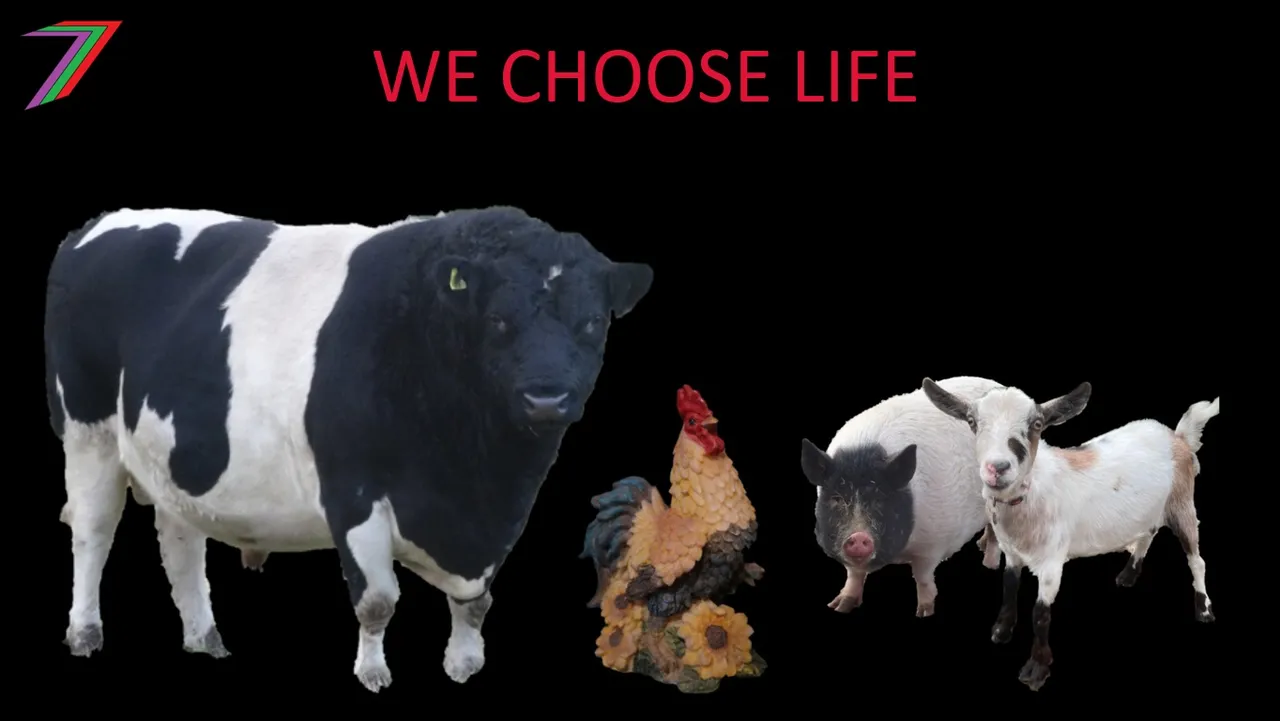
In 2016, I became vegan. I transitioned from being vegetarian, which I was for only a few months. Before that, I ate both diary and meat on a regular basis. At first becoming vegan was quite a powerful and an almost overwhelming experience. For a long time, before I became vegan, I was aware of how badly animals were treated. Sadly, these thoughts were at the back of my mind and I choose not to confront them. Once I did confront them, I could not escape them. The unnatural way, we force animals to live just so we can eat them, make clothing from them, breed them, eat their secretions, use them for pleasure, etc. is horrible. It is made worse because it is done in a way to make as much profit as possible. High profits equates to very poor welfare. Being an economist helped me become very aware of this fact.
My emotions made me feel very guilty. I had contributed to the suffering and deaths of thousands of animals over the course of my life. My immediate emotional response is that the torture and mass killings of animals needed to stop. It encouraged me to become very focused on helping spread the message about the harm and cruelty we were causing. I wrote several posts and made videos about the value of animal’s lives. I devised several theories regarding value of life. I used established values of human life and adjusted them for factors such as intelligence and life expectancy. Many of these theories were criticised and rejected by many of my audience. They saw the theories as naïve or ridiculous. I was operating in a different paradigm to most of them and was unable to communicate my ideas in a manner consistent with their way of thinking.
I considered becoming vegan as an important step in becoming more enlightened about how we should treat others. Veganism was and is growing quite rapidly. Sadly, many vegans are far less enlightened than I initially wanted to believe. They were more fuelled by emotion. I could understand the emotion that comes with it, as I experienced it very strongly at first. Many vegans use this emotion in unconstructive ways. Instead of explaining how animals suffer because of our actions, they try to vilify anyone who is not vegan. They divide instead of unite people. They arrogantly proclaim themselves to be superior to people who are not vegan or vegetarian. It appears many of them are unable to relate to their former self. Sadly, veganism is becoming linked to Wokeism. This is very detrimental to reducing animal cruelty in the long-run. Therefore, I refer to myself as having a plant-based diet and attempted cruelty-free lifestyle (i.e. our actions can never by truly cruelty-free).
It is impossible for the world to turn vegan overnight. It is also undesirable. As much as we want animal cruelty to end. It has to be a gradual process. People need to come to their own decisions and should not be forced. The world needs time to adjust. People need to be patient and show compassion to others. We all move at a different pace.
Conclusion
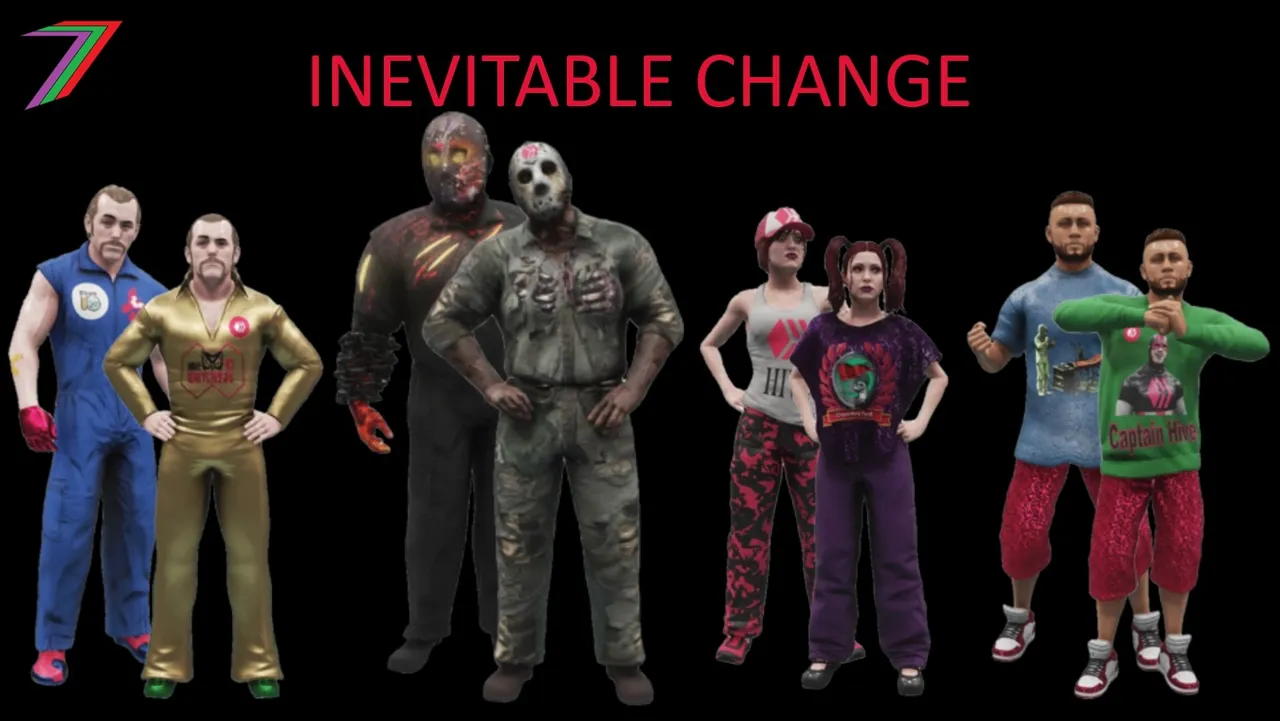
I consider myself to be fortunate to have grown up in environments where it was possible for me to gain exposure to many different influences. I also consider myself fortunate that circumstances led to opportunities that enabled me to review and develop my opinions. I have become aware that my perceptions have been greatly influenced by economics. It has been useful in terms of guiding my research and logic but has created some bias in my opinions. My awareness of such bias has helped me counteract it to some extent.
My perceptions are also influenced slightly differently than most other peoples’ perceptions. This is because of my Aspergers. It has enhanced my ability to focus on mastering certain skills as well as acquire more in-depth knowledge. It has hindered me in terms of communication and may have partially inhibited my ability to process feedback. This may have hindered the development of my ideas and opinions. Awareness of many of my limitations has helped me to cope with them better and have reduced the negative impact they have on my opinions.
My journey will continue. I will encounter more influences along the way. I expect many of them to have an impact on my life. I expect my opinions will continue to change and hopefully become more enlightened as I go. Of course, it is impossible to say exactly how they will change. I will always aim to position myself to make the most of whatever comes my way.
More posts

If you want to read any of my other posts, you can click on the links below. These links will lead you to posts containing my collection of works. These 'Collection of Works' posts have been updated to contain links to the Hive versions of my posts.
Hive: Future of Social Media
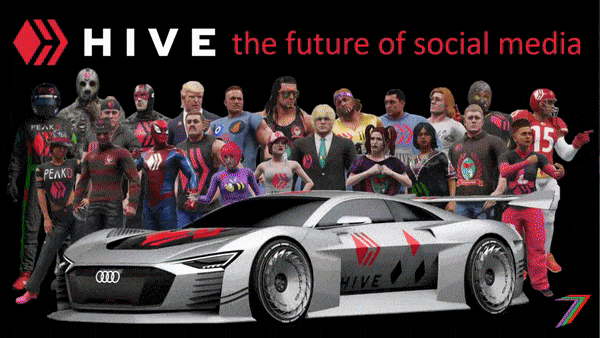
Spectrumecons on the Hive blockchain
